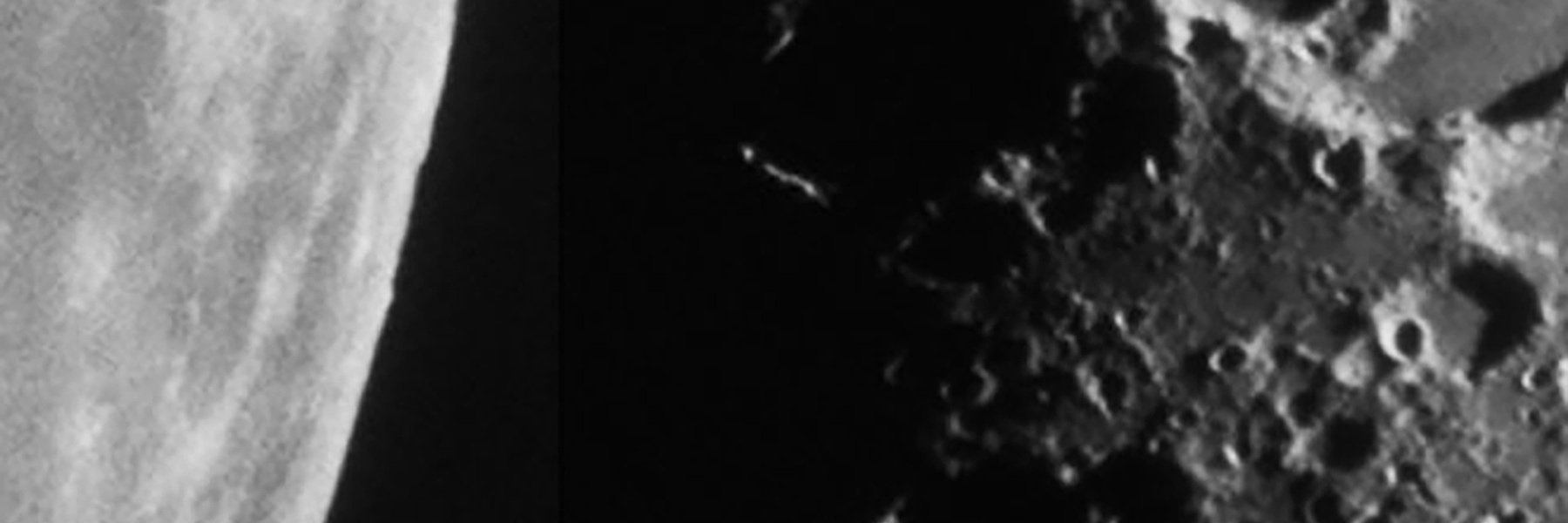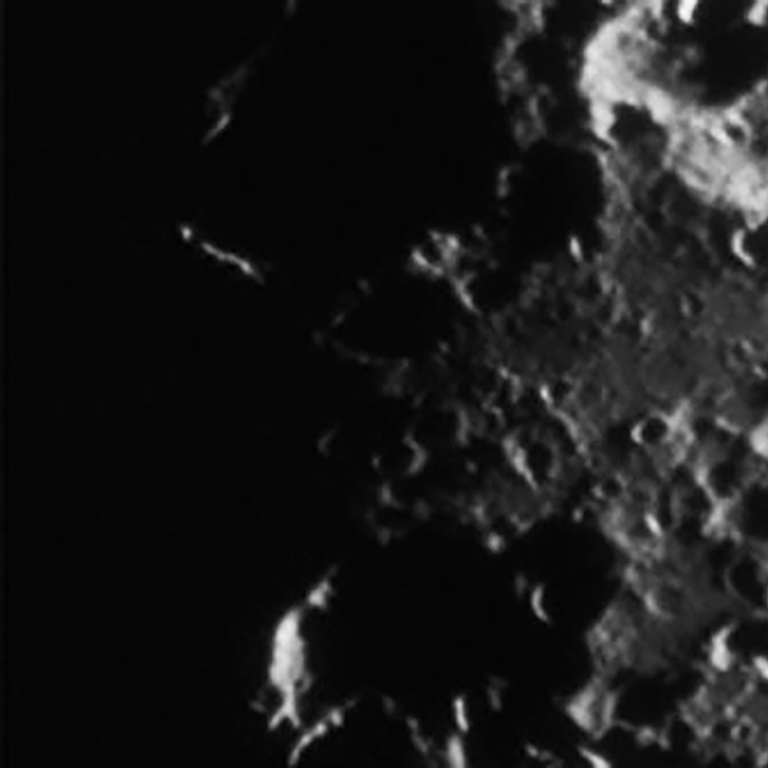Exhibition: August 6, 2019 through October 4, 2019
Symposium + Events: Friday, September 27 and Saturday, September 28, 2019
Reception: Friday, September 27, 6–7:30pm, Grunwald Gallery
The Grunwald Gallery and Black Film Center/Archive are pleased to present Rough and Unequal, a film by Kevin Jerome Everson. The film will be exhibited in the Grunwald Gallery as the centerpiece for a symposium featuring the filmmaker in conversation with IU Faculty, students and Indianapolis Museum of Art at Newfields Associate Curator of American Art, Kelli Morgan.
The exhibit, organized by the Black Film Center/Archive and the Grunwald Gallery at Indiana University, will open on August 6 and continue through October 4, 2019. The artist will be present on September 27–28th to participate in several public programs including a conversation with Black Film Center/Archive Director Terri Francis on Friday, September 27.
Rough and Unequal was first screened at the Fralin Museum of Art at University of Virginia, where he is on the faculty. Everson felt a need to reflect upon this place where he lives and works: The University. Lately, however, the space seems fraught and he chose instead to look inward by, in fact, looking outward and upward—the subject of this film is the moon. Filming from McCormick Observatory, Everson documented the waxing and waning of the moon. In many ways, this appears a fairly radical departure from earlier work, but one can see ties to, among other themes, the repeated subject of the cycle of labor that appears throughout his oeuvre. While Everson’s films frequently articulate the profundity in every-day life via a microcosmic approach that focuses on close-knit communities, the outlook of this new work is macroscopic. This installation expands the Black Film Center/Archive’s exploration of the reverberations between the genre of nonconformist filmmaking known as “the avant-garde” and the parallel insurgent cinemas of the African Diaspora. The screening of Rough and Unequal in an art gallery setting is consistent with previous screenings, providing a contemplative space for the 11-minute silent film. The presentation of the film in this setting, where the public will be able to revisit the film over a period of time, will provide a viewing experience very different than one that can be provided in the cinema. Placing Everson’s film in an art gallery context draws attention to the visual aspects of the film and creates the connection to visual art.
Rough and Unequal Symposium Schedule
All events are free and open to the public.
Friday, September 27
12–2pm: Lunch roundtable discussion led by Kevin Everson with participation by Kelli Morgan, Terri Francis, Carmel Curtis, and Joan Hawkins. Located in the Grunwald Gallery.
5–6pm: Public conversation: Kevin Everson and Terri Francis. Located in Fine Arts 015.
6–7:30pm: Opening reception. Located in the Grunwald Gallery.
Saturday, September 28
2–4pm: Screening of Kevin Everson films followed by conversation with Ross Gay. Located in the IU Libraries Moving Image Archives, Wells Library.
About Kevin Jerome Everson
Kevin Jerome Everson (b. 1965) works in film, painting, sculpture, and photography. His filmic fables, the focus of this exhibition, articulate the profound within the ordinariness of everyday life. Everson, who was born in the working-class community of Mansfield, Ohio, depicts details in the lives of people living and working in similar American communities: a mechanic repairing an old car in a backyard, a black beauty queen in a segregated pageant, men boxing, snowplow operators in winter, young men walking into a courtroom, the aftermath of a murder. Some of Everson’s films are constructed from appropriated news and film footage, uncovering forgotten details of African American life in the 1960s and 70s. In other films, the artist explores the waxing and waning of a community’s sense of itself and the migration of black people from the South to the North in order to find work. Everson, whose work was included in the 2008 Whitney Biennial, approaches race, sexuality, and economic circumstances with a poetic yet unflinching eye. Adopting the stance of an observer, his interest in labor has both a political and a formal aspect, exploring the relationship between the human body and the materiality of the labor it performs as both an expression of class and identity, and as a performative gesture.
The exhibition and symposium are made possible by New Frontiers in the Arts and Humanities and the College Arts and Humanities Institute at Indiana University.



